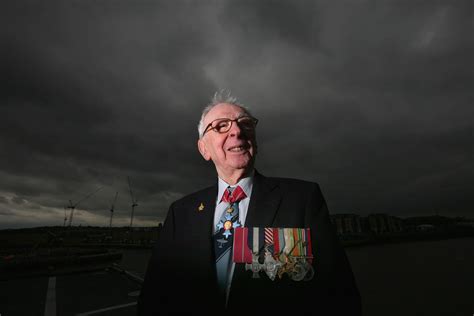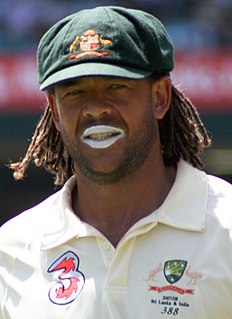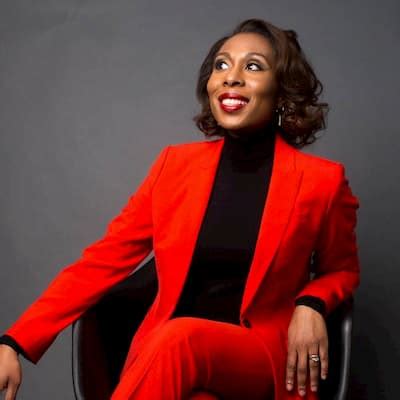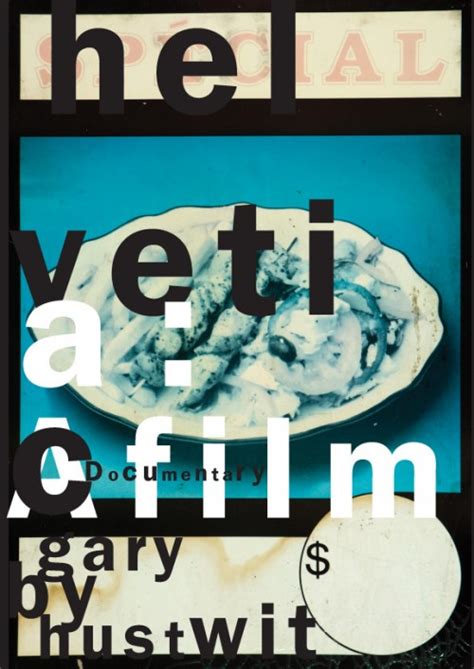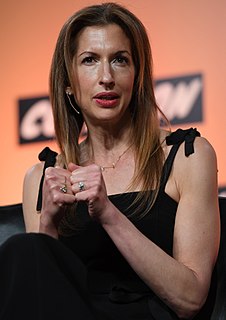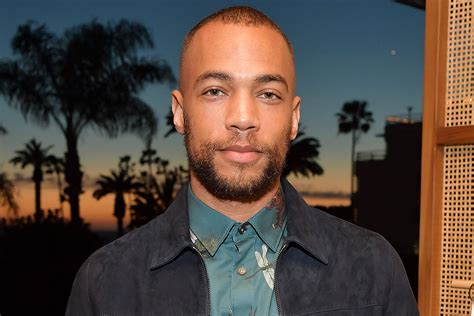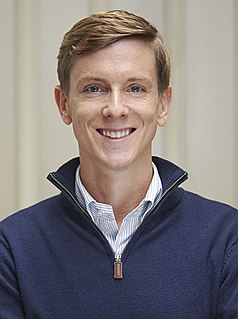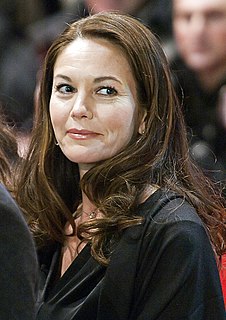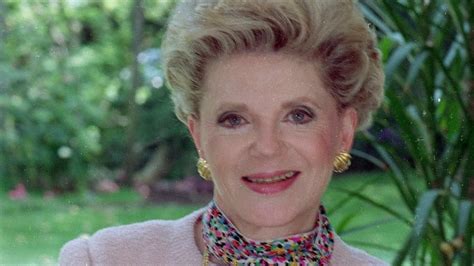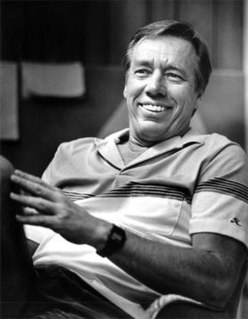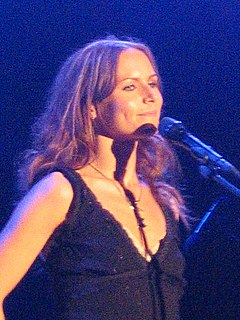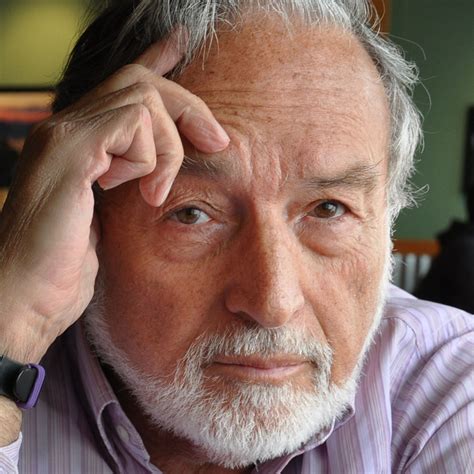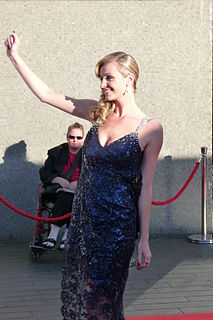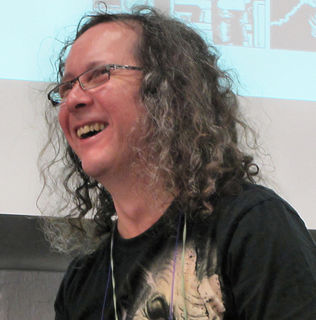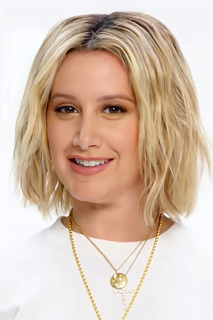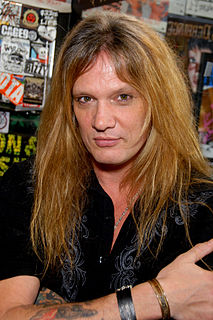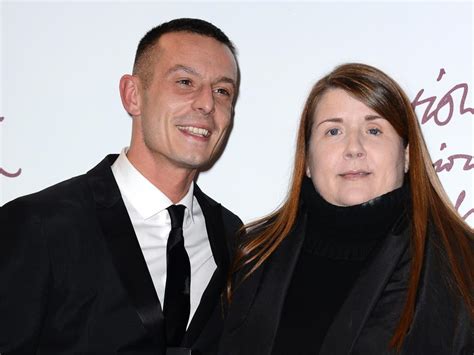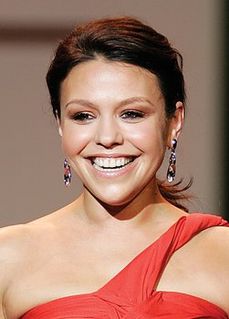Top 1200 Magazine Editors Quotes & Sayings - Page 2
Explore popular Magazine Editors quotes.
Last updated on December 21, 2024.
In order for a person of color to get on a cover of a magazine, they have to do something prolific - winning an Oscar, being the first billionaire, you know, or whatever. I think it's becoming more natural that somebody can get on the cover of a magazine just because they're an amazing person. That's what it should be.
You look at, like, a 'People' magazine, which used to be a really good, you know, nice magazine you could go to for real stories. It wasn't like a 'Star' or an 'US Weekly' and they have somebody with plastic surgery on the cover, Heidi Montag. And it's obviously what consumers want, because why else would they be doing it?
As late as the summer of 1941, the Atlantic Monthly, then a still respected magazine for literates and edited by White men, published a long article by Albert Jay Nock, in which he proved that the Jews are an Oriental race that is incompatible with ours. He was not punished and the magazine was not destroyed, strange and almost incredible as that seems today.
If a magazine proudly labels itself 'The Economist,' you would expect that publication to understand the economic burdens of today's youth. But when a tone-deaf writer at the magazine tweets an article asking 'Why aren't millennials buying diamonds,' it pretty much sums up how oblivious some can be in matters they're supposed to be experts in.
The editor needs to put his own life on hold for the better of the magazine, the crew, and the readers. And to have a bigger vision of the magazine's style and an understanding that every [issue] should be well-balanced and hopefully surprising. To have a pink wall with a door of perception where he can bang his head on.
I got an offer at 'Vogue.' And I desperately wanted to work in magazines. My interest wasn't in fashion, but when you get an offer right out of college for a magazine that big - I decided that it was probably better to start at a big name magazine, even if I wasn't necessarily fascinated with the subject.
We were to found a University magazine. A pair of little, active brothers-Livingstone by name, great skippers on the foot, great rubbers of the hands, who kept a book-shop over against the University building-had been debauched to play the part of publishers. We four were to be conjuct editors and, what was the main point of the concern, to print our own works; while, by every rule of arithmetic-that flatterer of credulity-the adventure must succeed and bring great profit. Well, well: it was a bright vision.
I think a lot of people have the idea of an editor being someone who comes in like a dictator, and says, "You can't have that scene." And it never is like that - or perhaps some editors are like that and they're assholes, and they're not good editors. A good editor actually says, "I respect you" and they understand that you have a vision and they're actually trying to help you realize it.

